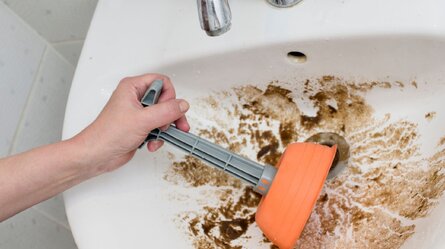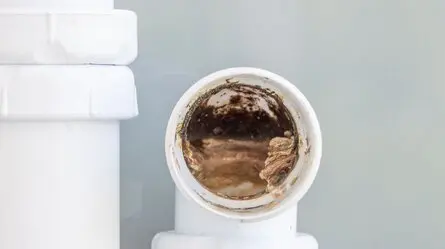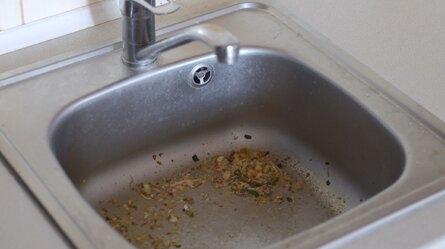Maintaining a well-functioning plumbing system is not just a matter of convenience; it’s a proactive approach that can save you from unexpected emergencies. In this article, we explore the essential realm of plumbing maintenance, focusing on practical tips that empower you to take control of your plumbing’s well-being.
Our goal is to provide actionable advice that aligns with the distinct needs of Perth residents, ensuring that your plumbing remains problem-free and efficient.
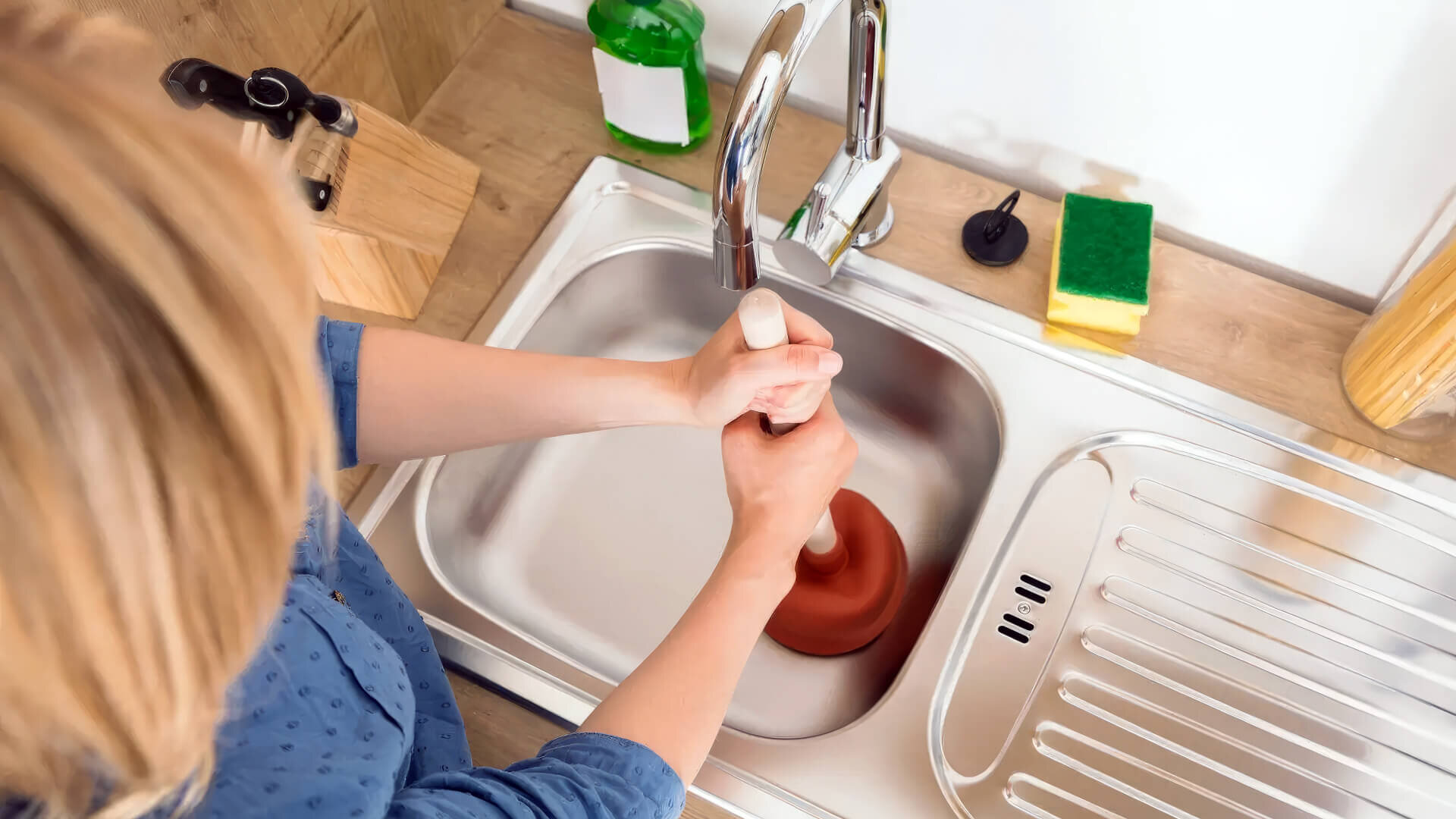
By the end of this guide, you’ll be well-versed in the art of preventive plumbing care, ready to tackle minor issues and avoid those dreaded emergency calls. Remember, a little investment in maintenance today can yield substantial savings and peace of mind tomorrow.
So, let’s dive in and empower you to protect your plumbing system’s longevity and reliability.
Importance of Proactive Plumbing Maintenance
Taking charge of your plumbing with proactive maintenance is key to avoiding headaches down the track. It’s all about nipping problems in the bud before they get out of hand. By keeping an eye on things, you’re ensuring your water flows smoothly and without interruption.
Imagine the convenience of never having to scramble for a plumber during a plumbing crisis. Picture a scenario where you’re confident in your plumbing’s ability to weather any challenge. This level of assurance is precisely what proactive plumbing maintenance aims to provide.
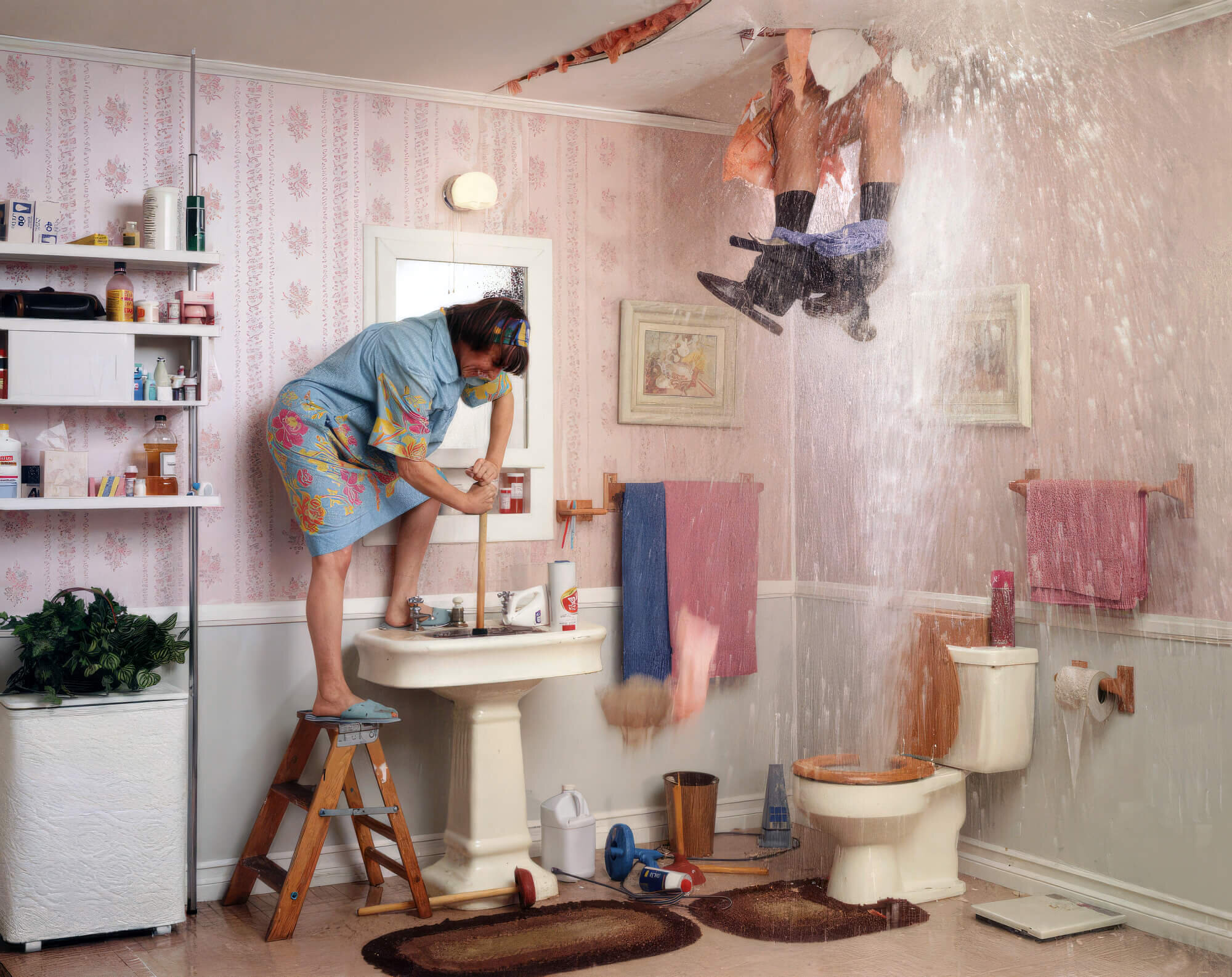
Besides convenience, there’s the financial side to consider. Plumbing disasters can lead to hefty repairs, usually cropping up when you least expect them.
Regularly inspecting, maintaining, and caring for your plumbing system will mitigate the risk of sudden breakdowns and associated costs. Furthermore, consider the environmental impact. A well-maintained plumbing system operates efficiently, conserving water and reducing unnecessary waste.
Common Causes of Plumbing Disasters
Plumbing disasters often strike unexpectedly, leaving homeowners stressed and facing significant repair costs. However, many emergencies are preventable by addressing underlying issues that develop gradually over time. Common culprits include blockages from accumulated debris in drains and pipes, and ageing or improperly installed fixtures that can develop leaks.
Tree roots infiltrating underground pipes and excessive water pressure also commonly strain plumbing systems, potentially causing leaks or bursts.
While these issues arise naturally over the long term, homeowners can take proactive steps to prevent disasters. Regular inspection and maintenance can help identify minor problems before they escalate.
Being mindful of proper waste disposal habits can reduce blockages from non-flushable items. Addressing plumbing issues proactively helps homeowners avoid stressful, expensive emergency repairs down the road.
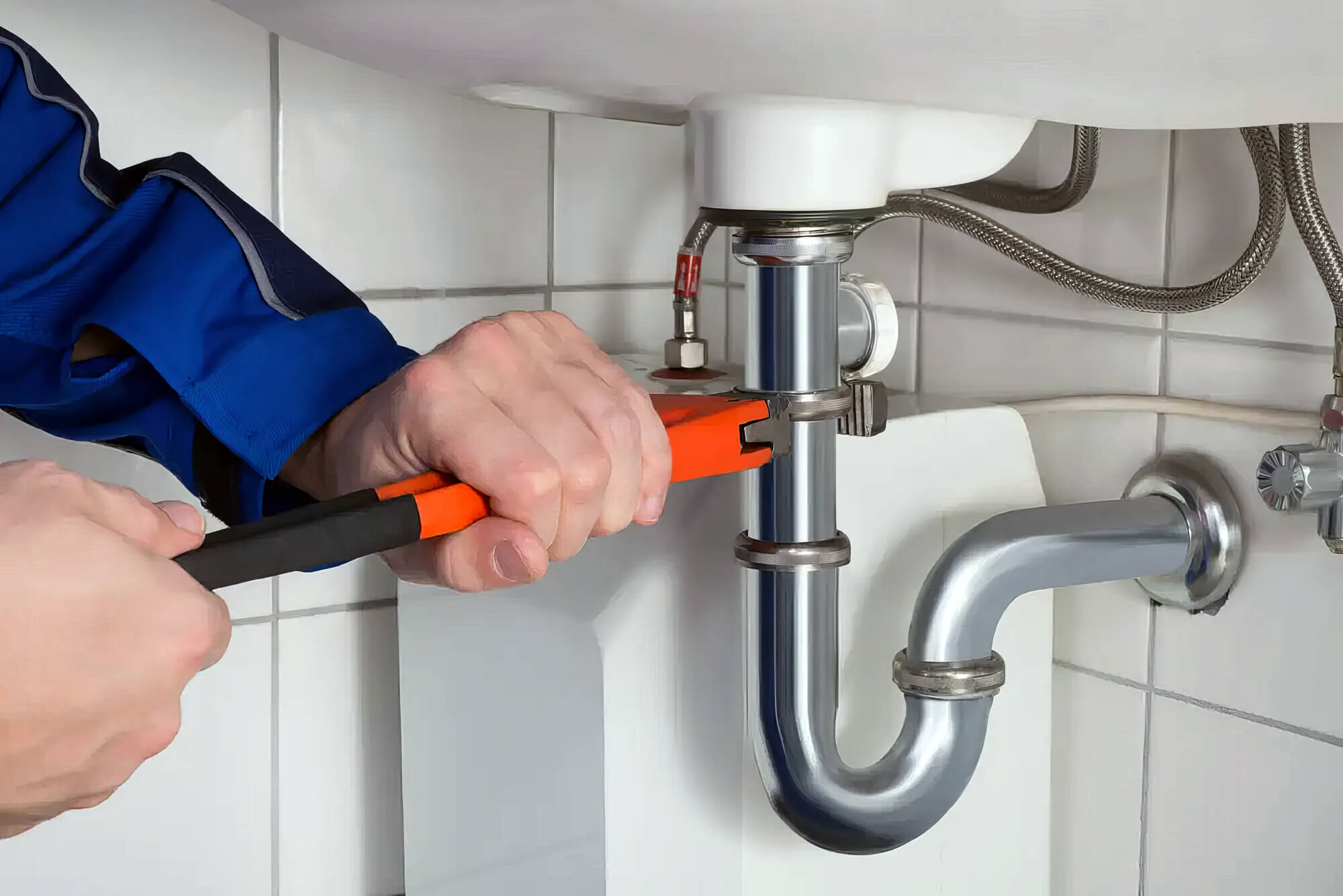
Five Essential Maintenance Tips
1. Regular Inspection and Maintenance
- Schedule routine inspections of your plumbing system to catch potential issues early.
- Check for leaks, drips, or unusual sounds that may indicate a problem.
- Examine visible pipes, joints, and fixtures for signs of corrosion or wear.
2. Proper Disposal of Waste
- Be mindful of what you flush down toilets and drain sinks.
- Avoid disposing of non-flushable items, grease, or excessive paper products in toilets.
- Drain strainers should be used to prevent debris from entering drains and causing blockages.
3. Maintaining Drains and Pipes
- Regularly clean and maintain drains using natural solutions like vinegar and baking soda.
- Avoid pouring harmful chemicals down drains, as they can damage pipes and the environment.
- Consider using drain covers to catch hair and debris, preventing clogs.
4. Monitoring Water Pressure
- Install a pressure gauge to monitor water pressure and ensure it’s within a safe range.
- High water pressure can stress pipes and fixtures, leading to leaks and bursts.
- Consult a professional if you notice inconsistent water pressure or unusual fluctuations.
5. Addressing Minor Issues Promptly:
- Don’t underestimate the importance of quick repairs for minor leaks or drips.
- Minor issues can escalate into larger, more costly problems if left unattended.
- Promptly fix dripping faucets, running toilets, or minor leaks to prevent water waste and damage.
DIY Plumbing Maintenance Tasks
Equip yourself with the basics of plumbing maintenance, ensuring your system stays efficient and lasts longer. While some jobs are best left to the pros, there’s plenty you can do confidently yourself. Consider these practical DIY tasks:
1. Fixing Dripping Faucets
- A dripping faucet wastes water and can increase water bills. To stop the leak, replace worn-out washers or O-rings.
- Turn off the water supply, disassemble the faucet, and follow the manufacturer’s guidelines for replacement parts.
2. Clearing Clogged Drains
- Use a plunger to dislodge minor clogs in sinks and toilets. Ensure a proper seal before plunging.
- For stubborn clogs, try a drain snake or a natural mixture of baking soda and vinegar to break down blockages.
3. Replacing Washers and Seals
- Leaky pipes or fixtures may require replacing washers or seals. Turn off the water supply before disassembling.
- Take the old washer or seal to a hardware store to ensure you get the correct replacement.
4. Inspecting Toilet Components
- Check the components inside the toilet tank for signs of wear. If necessary, replace flappers, fill valves, or other parts.
- Adjust the water level if the water keeps running after flushing.
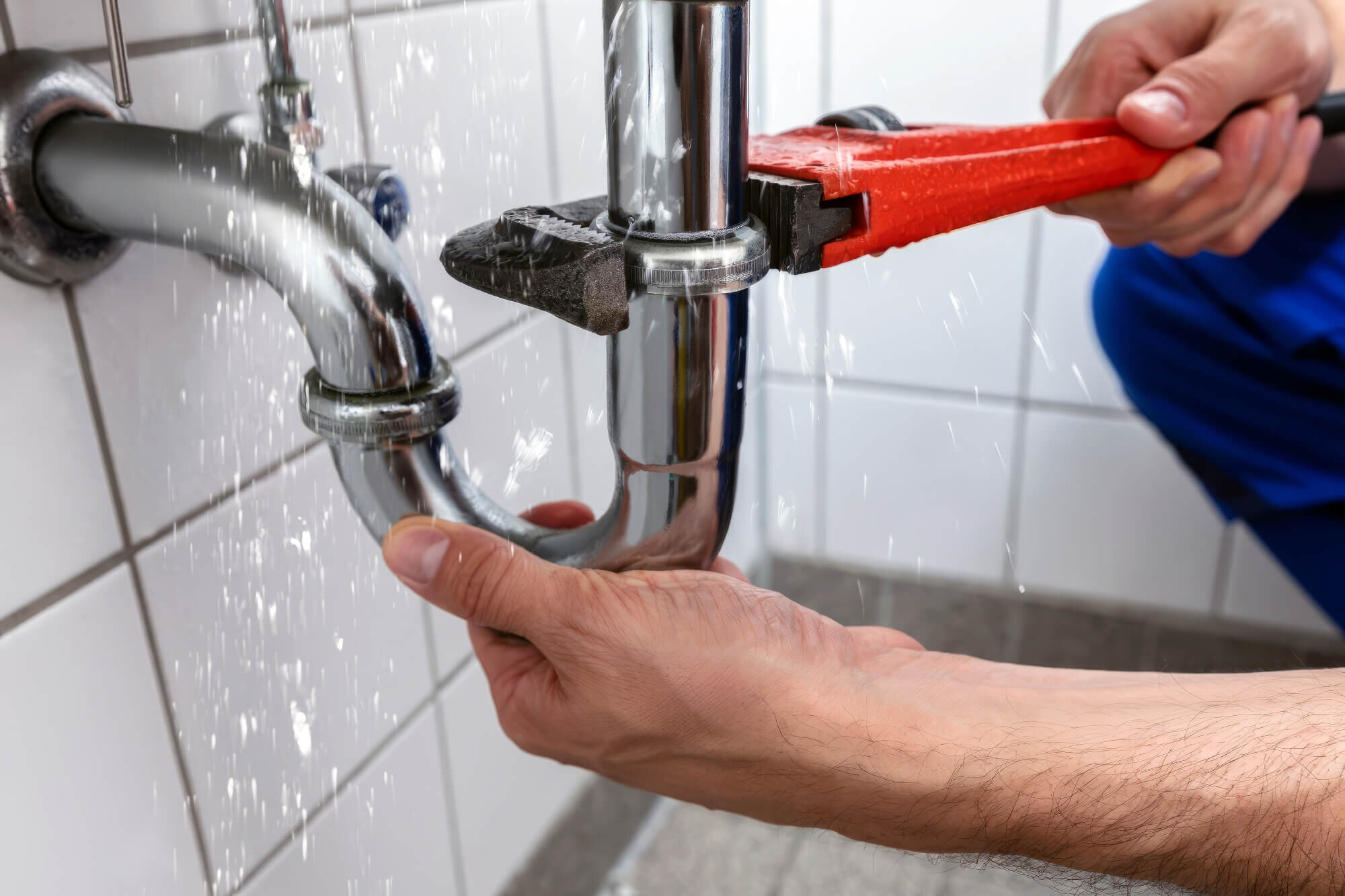
5. Sealing Leaky Joints
- Inspect visible pipes for leaks at joints. Apply the plumber’s tape or joint compound to create a watertight seal.
- Make sure the area is clean and dry before applying the sealant.
6. Maintaining Water Heater
- Regularly flush the water heater to remove sediment build-up, which can affect efficiency.
- Check the pressure relief valve for proper operation and ensure the temperature setting is safe.
7. Insulating Pipes
- Prevent frozen pipes by insulating them in colder climates. Use foam or pipe sleeves to protect against temperature drops.
If you hit a snag or the problem doesn’t go away, get in touch with Woolf Plumbing for expert help. Teaming up your efforts with our know-how ensures your plumbing will run smoothly for years.
Recognising Early Warning Signs
Being attuned to the subtle cues your plumbing system provides can make all the difference in preventing potential disasters. While some issues may appear minor initially, they could indicate larger underlying problems. Here are critical early warning signs to watch for:
- Unusual odours emanating from shower drains or pipes could indicate a build-up of debris, a potential clog, or even sewer line issues.
- Slow-draining sinks, tubs, or toilets.
- Fluctuating water pressure
- Noticing brown, yellow, or cloudy water?
- Unexplained water puddles
- Banging, rattling, or gurgling sounds in pipes.
- A sudden spike in water bills without a corresponding increase in usage.
- Toilets that frequently run flush incompletely or make unusual noises.
- Decreased Water Heater Efficiency
You can proactively maintain your plumbing system’s health by remaining vigilant and responsive to these early warning signs.
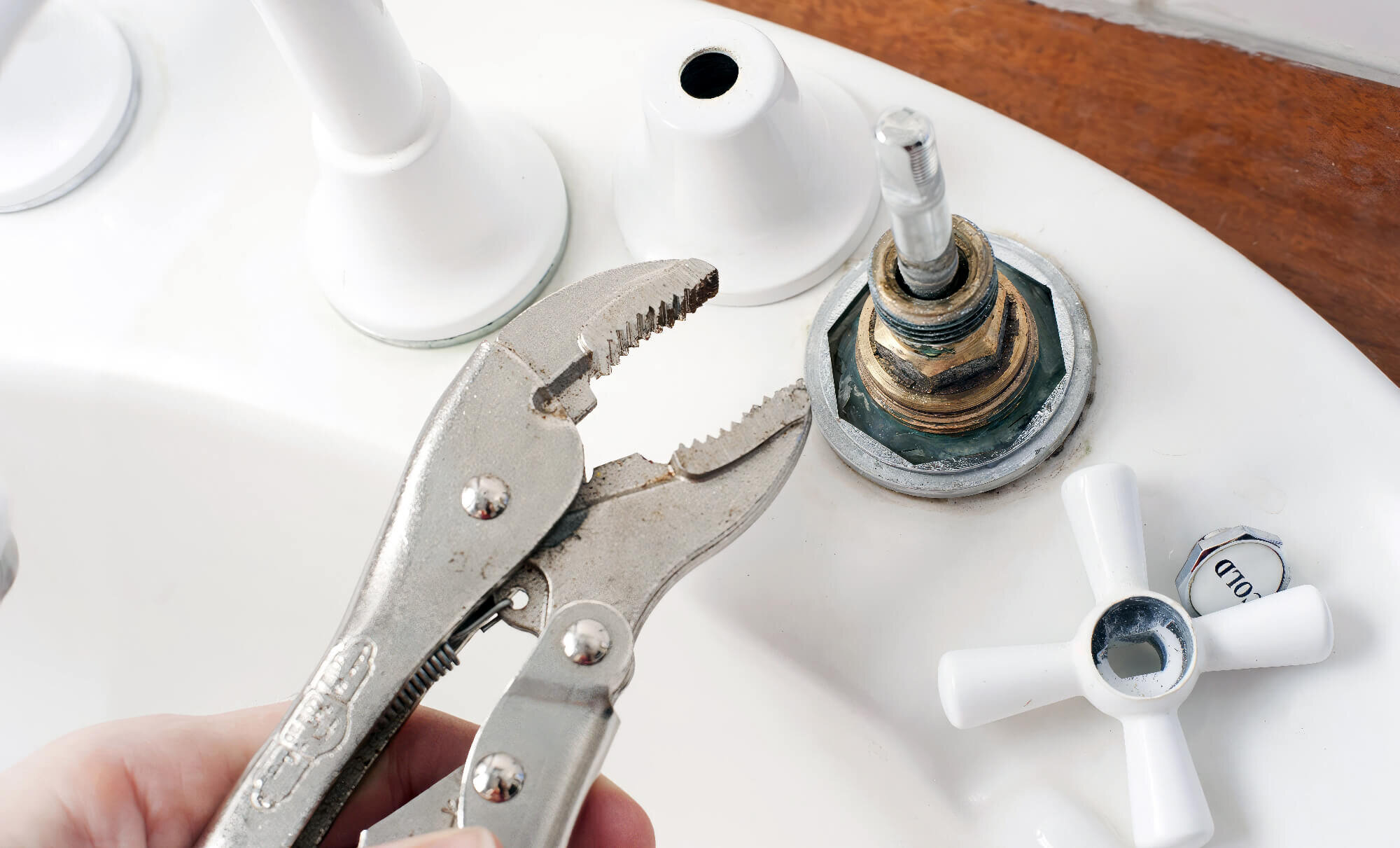
What to Do in Case of a Plumbing Emergency
A calm and composed response can minimise damage and stress in a plumbing emergency. While it’s always best to contact a professional plumber like Woolf Plumbing for immediate assistance, taking the following steps can help mitigate the situation until help arrives:
In the event of a burst pipe or major leak, your priority is to stop the water flow. Locate your home’s main water shutoff valve and turn it off to prevent further flooding.
If water leaks near electrical outlets, appliances, or the breaker panel, turn off the electricity to avoid the risk of electrocution or fires. Use buckets, towels, or containers to collect and prevent leaking water from spreading. This can help minimise water damage while awaiting professional assistance.
If your drain is clogged, refrain from using harsh chemicals as a quick fix. Chemicals can damage pipes and create hazardous fumes. Instead, attempt gentle plunging or use a drain snake.
For minor pipe leaks, you can temporarily use plumbing tape or a pipe clamp to slow or stop the leak until a plumber arrives. To prevent water damage, move valuable items, furniture, and belongings away from the affected area.
Elevate items, if possible, to keep them out of standing water. Open faucets and drains allow excess water to escape to relieve pressure and potentially reduce water damage.
Take photos or videos of the emergency and any visible damage for insurance purposes. This documentation can help with the claims process. Once you’ve taken initial steps to mitigate the emergency, contact Woolf Plumbing for professional assistance.
Our experienced team will respond promptly to assess and resolve the situation. While emergencies can be stressful, having a clear action plan can make all the difference in minimising the impact and ensuring a swift and effective resolution.
Take the Next Step with Woolf Plumbing
Empower yourself to take control of your plumbing’s destiny. Contact Woolf Plumbing today for a comprehensive inspection, expert guidance, and timely solutions. Our experienced professionals are dedicated to your plumbing’s health, and we’re just a call away from ensuring your peace of mind.
Don’t wait until an emergency strikes. Act now to enjoy hassle-free plumbing and a home that runs smoothly. Schedule your consultation with Woolf Plumbing and embark on a journey towards plumbing excellence.


